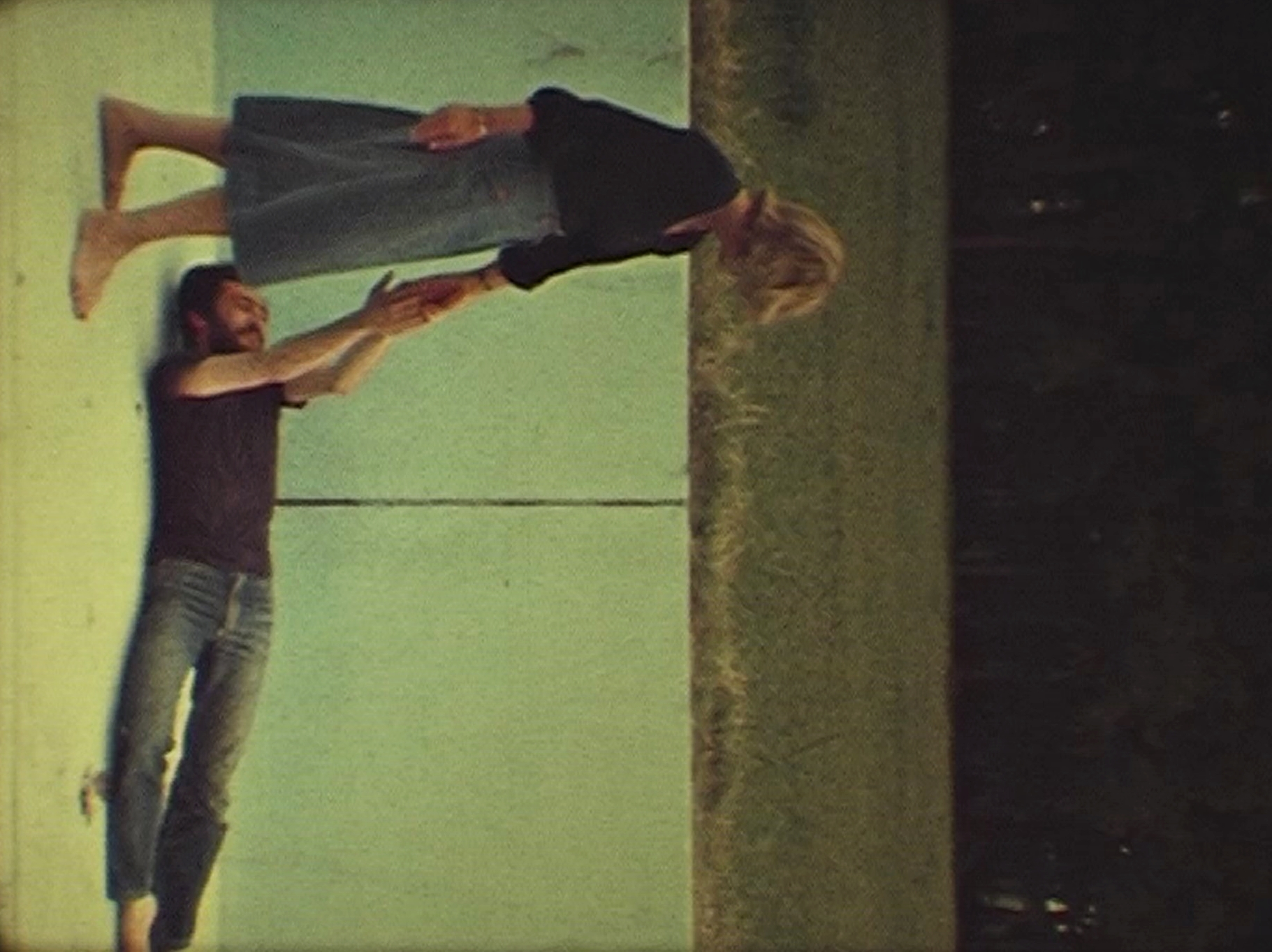Sunday 21 January 2018 - 7:30 pm
Billy Wilder Theater - Hammer Museum
10899 Wilshire Blvd, Los Angeles, CA 90024
In Person: Curator Federico Windhausen
A pivotal figure in Latin American experimental cinema, Narcisa Hirsch took up artistic practice by first focusing on painting, then shifting toward performances and happenings, and soon making a crucial move into experimental film. Reflecting, in part, the influence of the art and cinema of the sixties on her practice, Hirsch's films showcase the body and corporeal experience in various ways, some of which acknowledge directly her gendered perspective. They also combine the filmmaker's own treatment of existential and spiritual questions with lyrical imagery, much of it shot in the interior spaces of Hirsch's domestic life, the rural landscapes of Patagonia, and the urban environments of Buenos Aires.
Born in 1928 in Germany and residing in Argentina since her early childhood, Hirsch exemplifies a type of cosmopolitan émigré found throughout the history of her adopted country. Hirsch's personal trajectory intersects in intriguing ways with formative moments in art and film, such as the happenings of the di Tella Institute in Buenos Aires and the early years of Anthology Film Archives. But within the wide range of her travels and encounters, she has sought to follow her own course, mostly avoiding strong institutional affiliations and often seeking to engage with artists and thinkers on her own terms. Nonetheless, Hirsch's strong-willed individualism did not prevent her from viewing filmmaking as a social and collaborative practice, even when making more intimate films. Since the days of her work with a loosely-knit and informal network of practitioners that included filmmakers such as Marie Louise Alemann, Claudio Caldini, and Horacio Vallereggio, among others, she has contributed extensively to the early formation and sustained development of Argentina's experimental film scene.
Program
The first film in the program, Marabunta, is a document of a singular happening from 1967 that was staged by Hirsch and centered around a large sculpture of a woman's body. With Diarios Patagonicos, one of a number of visual diaries with that same title, the program shifts to a more overtly personal cinema. Where the diaries tend to show, with a revealing directness and proximity, the people and environments of Hirsch's everyday life in the Patagonia region, in the single-shot film Taller she plays with what can and cannot be seen, using a conversational account of various images and objects in her studio to tell us about her own life and the people who inhabit it. In Testamento y vida interior, various spaces - urban and rural, domestic and public - are depicted lyrically, with an eye toward the nuances of light, color, and shadow. Threaded through these films are a suggestive and sparse series of visual meditations on female independence, eroticism, violence, and mortality. Finally, the program ends with two shorts produced in the film workshop that Werner Nekes conducted in Buenos Aires in 1980: La noche bengalí, which takes its title from a 1933 novel by Mircea Eliade, and Werner Nekes, a unique “making-of” film.
These screenings are part of Los Angeles Filmforum’s screening series Ism, Ism, Ism: Experimental Cinema in Latin America (Ismo, Ismo, Ismo: Cine experimental en América Latina). Ism, Ism, Ism is an unprecedented, five-month film series—the first in the U.S.—that surveys Latin America’s vibrant experimental production from the 1930s through today. Revisiting classic titles and introducing recent works by key figures and emerging artists, Ism, Ism, Ism takes viewers on a journey through a wealth of materials culled from unexpected corners of Latin American film archives. Key historical and contemporary works from Argentina, Brazil, Bolivia, Chile, Colombia, Cuba, Ecuador, México, Paraguay, Perú, Uruguay, Venezuela, Puerto Rico and the United States will be featured. Many of the works in the series are largely unknown in the United States and most screenings will include national and area premieres, with many including Q&A discussions with filmmakers and scholars following the screening. The film series will continue through January 2018 at multiple venues, organized by Filmforum. www.ismismism.org
Ism, Ism, Ism is accompanied by a bilingual publication, Ism, Ism, Ism / Ismo, Ismo, Ismo: Experimental Cinema in Latin America (Jesse Lerner and Luciano Piazza, editors, University of California Press, 2017) placing Latino and Latin American experimental cinema within a broader dialogue that explores different periods, cultural contexts, image-making models, and considerations of these filmmakers within international cinema. Available worldwide, https://www.ucpress.edu/book.php?isbn=9780520296084.
Ism, Ism, Ism is part of Pacific Standard Time: LA/LA, a far-reaching and ambitious exploration of Latin American and Latino art in dialogue with Los Angeles. Explore more at www.ismismism.org, lafilmforum.org, and www.pacificstandardtime.org.
Lead support for Ism, Ism, Ism is provided through grants from the Getty Foundation.
Significant additional support comes from the Andy Warhol Foundation for Visual Arts, the National Endowment for the Arts, and the Mike Kelley Foundation for the Arts.
Pacific Standard Time is an initiative of the Getty. The presenting sponsor is Bank of America.
